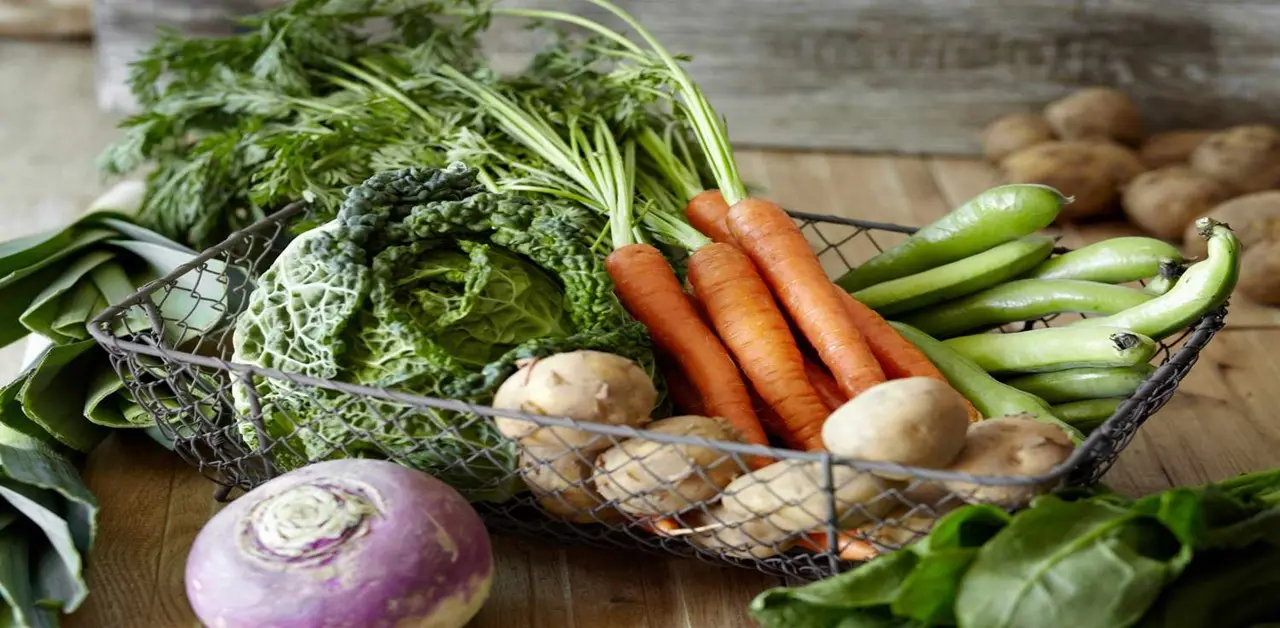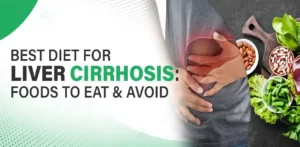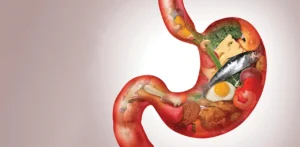Contents
Phenylketonuria (PKU) is a rare genetic disorder that affects the body’s ability to metabolize phenylalanine, an amino acid found in many protein-rich foods. Individuals with PKU lack or have deficient activity of the enzyme phenylalanine hydroxylase, which is necessary to convert phenylalanine into tyrosine. Without proper management, phenylalanine can accumulate to harmful levels, leading to intellectual disabilities, developmental delays, and other serious health issues.
The Importance of a PKU Diet
The cornerstone of managing PKU is adherence to a strict PKU diet. This diet is essential to control phenylalanine levels in the blood and prevent the adverse effects of the disorder. The primary objective of the PKU diet is to limit the intake of phenylalanine, which is found in high-protein foods such as meat, dairy products, nuts, and certain legumes.
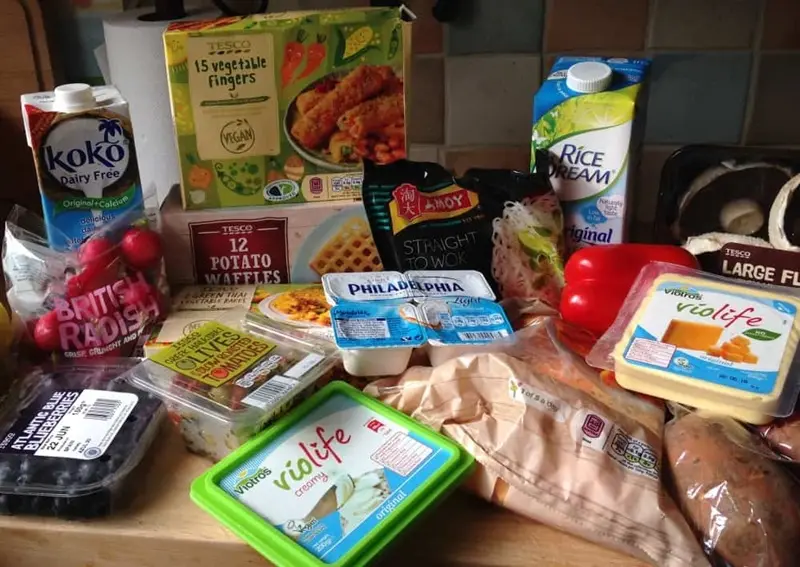
Foods for PKU Patients
Choosing the right foods for PKU patients can be challenging but is crucial for maintaining health and preventing complications. Foods that are low in phenylalanine are the best options for those with PKU. These include:
- Fruits and Vegetables: Most fruits and vegetables are naturally low in protein and phenylalanine, making them ideal for a PKU diet.
- Low-Protein Grains and Breads: Specially formulated low-protein products such as breads, pastas, and cereals are designed for PKU patients.
- PKU Formula: Specialized medical formulas are available to ensure individuals with PKU receive adequate nutrition without excess phenylalanine.
Nutrition for PKU Management
Effective nutrition for PKU management involves balancing low-phenylalanine foods with adequate intake of essential nutrients. This often requires the use of special low-protein foods and medical formulas to meet daily nutritional needs. Regular monitoring of blood phenylalanine levels by healthcare professionals is necessary to adjust the diet as needed.
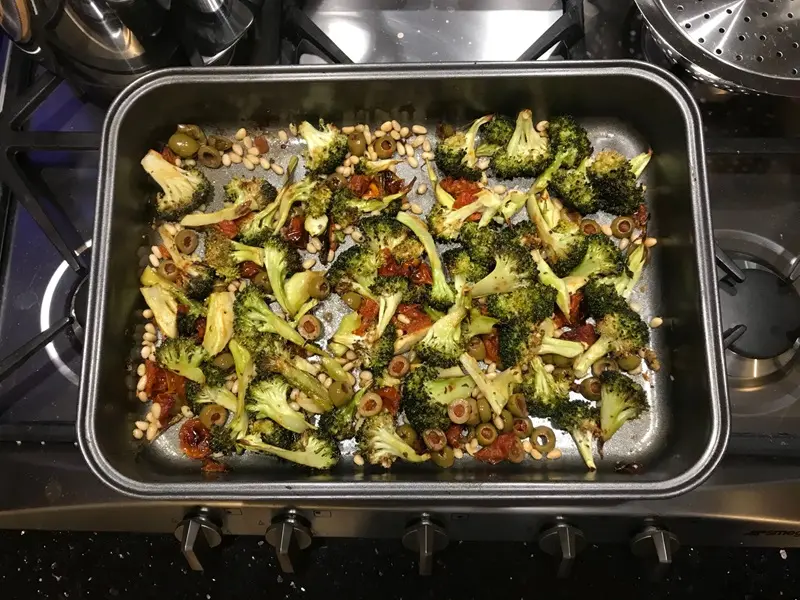
PKU-Friendly Meals
Creating PKU-friendly meals requires careful planning and consideration of phenylalanine content. Here are some tips and meal ideas:
- Breakfast: Low-protein pancakes made with PKU-friendly mix, served with fresh fruit.
- Lunch: Vegetable stir-fry with low-protein rice and a side salad.
- Dinner: Baked potatoes topped with non-dairy cheese and steamed broccoli.
- Snacks: Sliced apples with low-protein peanut butter, vegetable sticks with dip.
Diet for PKU Control
Maintaining strict control over the diet is crucial for individuals with PKU. This involves:
- Reading Labels: Always check food labels for protein and phenylalanine content.
- Planning Ahead: Prepare meals and snacks in advance to avoid high-phenylalanine foods.
- Consulting Dietitians: Work with a registered dietitian who specializes in PKU to develop a personalized meal plan.
PKU Nutrition Tips
Here are some practical PKU nutrition tips to help manage the condition effectively:
- Stay Informed: Keep up with the latest research and products for PKU management.
- Experiment with Recipes: Try new PKU-friendly recipes to keep meals interesting and varied.
- Join Support Groups: Connect with other individuals and families managing PKU for support and ideas.
Best Foods for PKU
The best foods for PKU are those low in phenylalanine but high in other essential nutrients. Examples include:
- Fruits and Vegetables: Apples, oranges, berries, leafy greens, carrots, and peppers.
- Specialty Low-Protein Products: Low-protein bread, pasta, and baking mixes.
- Medical Formulas: Specially designed PKU formulas provide essential nutrients without phenylalanine.
Also Read: “Optimal Diet for Thyroid Cancer: Best Foods & Nutrition Tips”
PKU Nutrition Therapy
PKU nutrition therapy involves the strategic use of dietary interventions to manage phenylalanine levels. This includes:
- Medical Foods and Formulas: Ensuring adequate nutrition through PKU-specific products.
- Regular Monitoring: Frequent blood tests to monitor phenylalanine levels and adjust the diet accordingly.
- Individualized Plans: Tailoring the diet to meet the unique needs of each person with PKU.
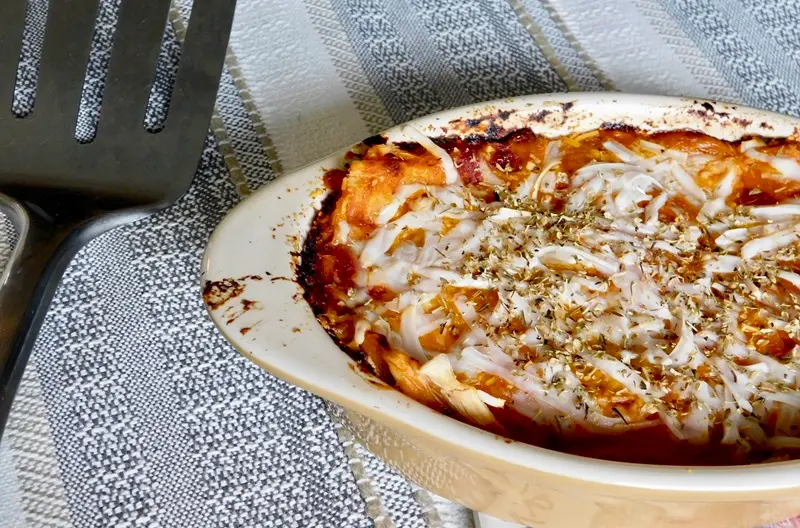
PKU-Friendly Recipes
Here are some PKU-friendly recipes to try at home:
- Low-Protein Pizza: Use a low-protein pizza crust topped with tomato sauce, non-dairy cheese, and your favorite vegetables.
- Fruit Smoothies: Blend your choice of fruits with PKU-friendly milk substitutes for a refreshing drink.
- Vegetable Soup: A hearty soup made with a variety of low-phenylalanine vegetables and herbs.
PKU Meal Ideas
Incorporating variety into your PKU meal ideas is important to prevent dietary monotony. Some ideas include:
- Salad Bowls: Create colorful salads with a mix of lettuce, cucumbers, tomatoes, and a light dressing.
- Stuffed Peppers: Fill bell peppers with a mixture of rice, vegetables, and seasonings.
- Low-Protein Pancakes: Serve with a drizzle of maple syrup and fresh berries for a delicious breakfast.
Finding Healthy Food Near Me
For those managing PKU, finding healthy food options nearby can be challenging. IntRest makes it easier by categorizing restaurant menus according to diseases, allergies, diets, and interests. Whether you’re looking for “healthy food near me” or a “restaurant near me” that offers PKU-friendly options, IntRest helps you find suitable meals that cater to your specific dietary needs.
Order Healthy Food from IntRest
Living with PKU requires diligent management and careful dietary choices. At IntRest, we understand the challenges and offer a convenient solution. You can order healthy food tailored to your illness, diet, and allergies from our website. Explore a variety of PKU-friendly meals and enjoy the convenience of having nutritious, suitable food delivered right to your door.
